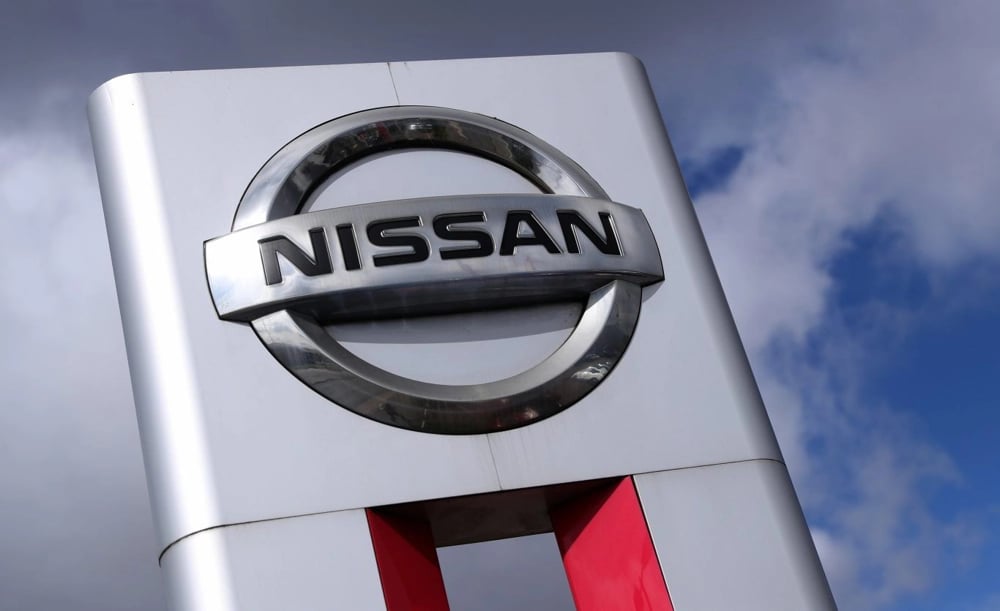Nissan Motor Co. Cancels Battery Plant Construction Plans
Nissan Motor Co. $NSANY, one of Japan's leading automakers, has made a significant decision that reflects the current realities of the global automotive market. Recently, the company announced its withdrawal from plans to build a battery manufacturing plant in Fukouka, an unexpected development amid a deepening financial crisis.
Reasons for the Cancellation of Plant Construction
At the end of last year, Nissan announced an ambitious plan to invest 153 billion yen (approximately $1 billion) in a new plant located in the southern city of Kitakyushu. This facility was intended to produce lithium iron phosphate batteries, which are popular for use in electric vehicles due to their high stability and long lifespan.
However, the company has decided to step back, canceling its investment plans. A company representative indicated that this decision was driven by the need to concentrate resources and funding on restoring the company's financial performance, thereby enhancing investment efficiency.
The main reasons behind this decision include:
The deepening financial crisis within the company;
The necessity to optimize the usage of resources and capital investments;
A strategy focused on recovering financial metrics.

Financial Situation of Nissan
The financial landscape for Nissan requires careful scrutiny and analysis. Amid global economic shifts and declining vehicle demand, the Japanese automaker is grappling with numerous financial challenges. The rising costs of raw materials, coupled with supply chain and logistics issues, exacerbate the company's situation.
The decision to abandon construction in Kitakyushu can be seen as an attempt to minimize further risks and streamline efforts toward more critical aspects of the business. This approach allows Nissan to reassess and reevaluate its strategic plans in light of the changing market landscape.

Strategic Perspectives
Despite the challenges facing the company, Nissan still has opportunities for future growth and development. To capitalize on these opportunities, the automaker must focus on several key areas:
Increasing electric vehicle sales, a relevant trend in the global market;
Optimizing production processes, which includes the adoption of new technologies and innovations;
Developing new business models that can adapt to current economic conditions;
Attracting investments that will support financial stability and the development of new technologies.
The cancellation of the battery plant construction in Fukouka represents not just a financial decision but a strategic move reflecting the current state of Nissan Motor Co. Amid a global crisis, the company must reevaluate its priorities and focus on resources that will enable it to overcome difficulties and restore profitability. A strategic reassessment of such plans could lay the foundation for future growth and development in times of instability.















Comments
Nissan's decision highlights the harsh realities many companies are facing today.
It's a tough but necessary move for Nissan in these challenging times for the auto industry.